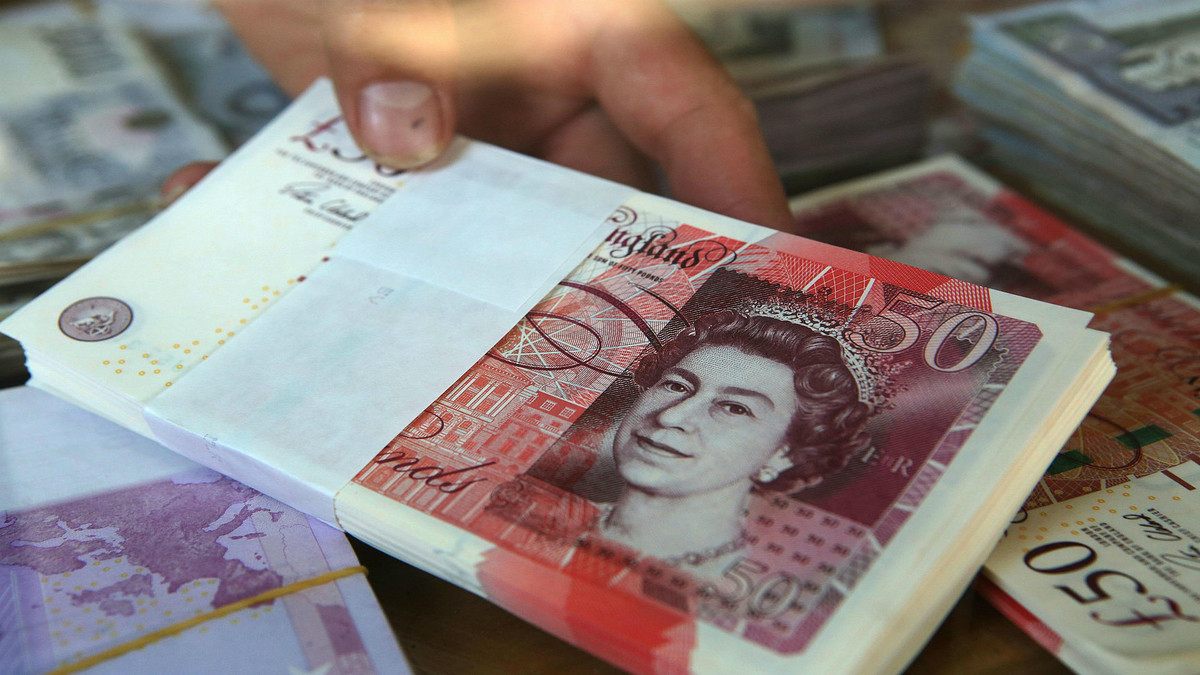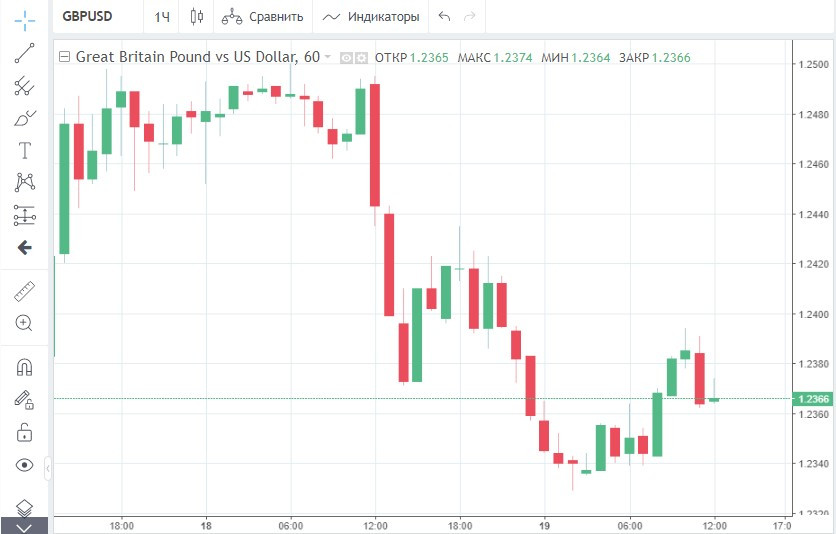
In today's volatile foreign exchange market, selling the British pound looks like the most preferred choice. The sterling is extremely weak, and the outlook is even bleaker.
In yesterday's session, the British currency plunged sharply against the US dollar by 1.1%. This is the strongest drop in the GBP/USD pair in 2 weeks.

The downward pressure on the sterling came from the shocking data on inflation in the UK. In April, prices reached their highest level in 40 years, with inflation running at 9%. This is several times higher than the Bank of England's target of 2%.
Just like in other countries, the surge in UK inflation was triggered by the military conflict between Russia and Ukraine, as well as severe anti-COVID lockdowns in China which caused disruption to many global supply chains.
According to economists, inflationary pressures will remain high in the country until the end of this year, even though the UK central bank was the first among major regulators to raise the interest rate.
For your reference, the Bank of England raised the rates in December last year, while its American counterpart began to tighten its monetary policy only this year.
Now, however, the BOE's strategy no longer looks aggressive compared to the action taken by other central banks.
Markets expect the US Federal Reserve to perform a rate hike of almost 2 full percentage points until the end of the year. In comparison, the British regulator is likely to raise the rate by only 120 basis points by this time.
Expectations of more aggressive moves from the Bank of England have notably declined as the risk of a recession has increased.
Economists polled by Reuters estimated the probability of a recession in the UK economy at 35% within a year.
Fears about a recession have increased significantly after yesterday's publication of inflation data.
The fifth-largest economy in the world is currently facing many hurdles. One of them is a potential trade war with the European Union. The EU has repeatedly threatened Britain with the termination of the trade deal if it decides to make unilateral adjustments to the Northern Ireland protocol.
This week, British Prime Minister Boris Johnson announced his intention to consider a bill that would cancel parts of the agreement that is hurting the British economy.
The EU has not yet reacted to this statement. But it seems that European policymakers are seriously considering the possibility of a targeted trade war against Britain.
Experts believe that the escalation of the conflict poses a more serious threat to the economy of the United Kingdom than the Northern Ireland agreement itself.
If a trade war is declared, the current account deficit will continue to widen. In this scenario, the pound sterling has a bleak future.
This year, the pound has already depreciated against the US dollar by 8%. Analysts at HSBC expect the GBP/USD pair to be at 1.20 by the end of the year. This is lower than the bank's previous estimates of 1.30.
The sterling was trading at 1.24 yesterday, just below its lowest level since May 2020, which was tested again last week.
Now hedge funds have completely switched to selling the pound, and the number of short positions is the largest in 2.5 years. They are betting on its further decline although half a year ago they preferred sterling to the US dollar.
Currently, the pound is the least attractive investment option among its competitors - other major currencies. This is due to the fact that the pound has the lowest inflation-adjusted yield among its rivals.
 English
English 
 Русский
Русский Bahasa Indonesia
Bahasa Indonesia Bahasa Malay
Bahasa Malay ไทย
ไทย Español
Español Deutsch
Deutsch Български
Български Français
Français Tiếng Việt
Tiếng Việt 中文
中文 বাংলা
বাংলা हिन्दी
हिन्दी Čeština
Čeština Українська
Українська Română
Română

